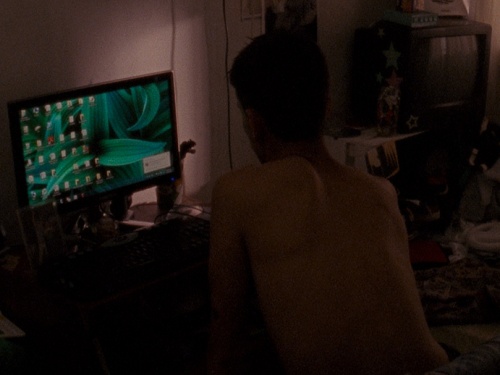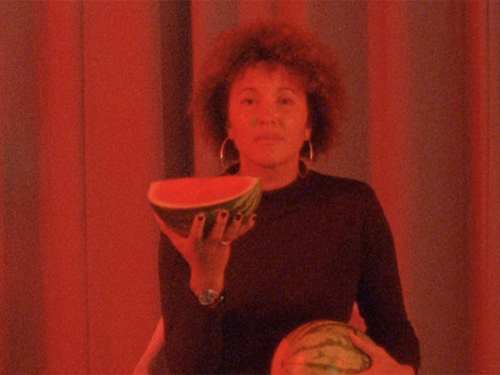Safar: Stray Bullet
After a 15-year-long civil war, one way Lebanese artists reflected on the experience was the use or subversion of documentary archives to somehow suggest an alternative reality.
Joana Hadjithomas and Khalil Joreige's art project Wonder Beirut was drawn from the work of the "pyromaniac" photographer Abdallah Farah and a selection of tourist pictures he had taken of the city between 1968 and 1969. Farah then burned the same images showing buildings that had been destroyed or attacked during the civil war, from 1975 to 1990. In his unusual postcard series, Beirut seems to be almost melting from the violence and degradation. This art project encapsulated Hadjithomas and Joreige’s aesthetic. They were not only interested in making art about the civil war. They wanted to capture the tangible or tactile experience of the war, something that was evident and borne of its time.
Stray Bullet (Rsasa taysheh), the film directed by Georges Hachem, from Hadjithomas and Joreige’s production house, Abbout, displays a similar artistic approach. The year is 1976, at a time when many thought the then eight-month-long war was going to wind down, although it accelerates with a vengeance. However, what dominates the story is not the military conflict itself but an intense family drama that takes place during a single day. Two weeks before her marriage, Noha (Nadine Labaki) is having second thoughts, and arranges to meet the love of her life (Rodrigue Sleiman) who had once humiliated her in front of both their families. The ex-lovers’ ride into the countryside has unexpected repercussions.
From the film’s outset, the war appears to be a minor occurrence in this middle-class northern Beirut suburb – nobody is really acknowledging it. Yet the look of the film and the increasing psychological tension eventually places the war at the very heart of the movie, and the family that Noha will marry into are implicated in the violence. Shot in Super 16 mm and then blown up, the film is grainy as though it too is yet another found object, like Abdallah Farah’s photographs, that have been excavated from the civil war, bearing an unmistakable patina from the past.
The director Georges Hachem faithfully reproduces every detail of the 1970s in the characters’ dress – chiffon dresses for the women and patterned shirts and wide collars of moustached men. The hardening of traditional perspectives, at least for Noha’s brother Assaf (Badih Bou Chacra), appears to be the result of living within a rigid patriarchal society. The family also seems too preoccupied with the unmarried status of Noha’s elder sister Layla (Takla Chammoun). So when the stray bullet finally does strike, it is unexpected. The film’s ending gives weight to the old saying: the nail that stands up is hammered down. In this part of the world out-spoken and strong-willed women rarely wake up to happy endings.
Stray Bullet took the Muhr Arab Award for Best Film at the 2010 Dubai International Film Festival. Like other Lebanese directors, Hachem had returned to his country after twenty years abroad to find a virtually nonexistent film industry. In an interview with the critic Youlios Hachem for the film’s press release, he explains:
Different elements contribute… to… a film industry. And, many of these elements are missing in Lebanon. First of all, the local market… can[not] cover the production cost[s]. Then, [there is] the professionals’ lack of experience in the field due to the small number of films produced per year. Our only hope would be to support and… express… our Lebanese experience, [and] fac[e] up [to]… those who keep trying to… [freeze] our memory forever on the pretext of not awakening our pain.”
In Lebanon today there has been no real exploration of the hard issues surrounding the civil war – for example what happened to the people who disappeared and who was responsible. One reason why Stray Bullet is another kind of much needed therapy at a time when the immediate region is again going through turmoil and soul-searching.
Malu Halasa is the Writer in Residence for Safar: A Journey though Popular Arab Cinema, a season of classic and contemporary Arab cinema at the ICA from 21 – 27 September 2012.
Stray Bullet is screening on Saturday 22 September at 8.50 with an introduction by Tim Llewellyn, former BBC Middle East Correspondent (based in Beirut, 1975 - 1980).
This article is posted in: Articles, Blog
Tagged with: articles, Film, Film Festival, Guest blogger, Safar, writing





